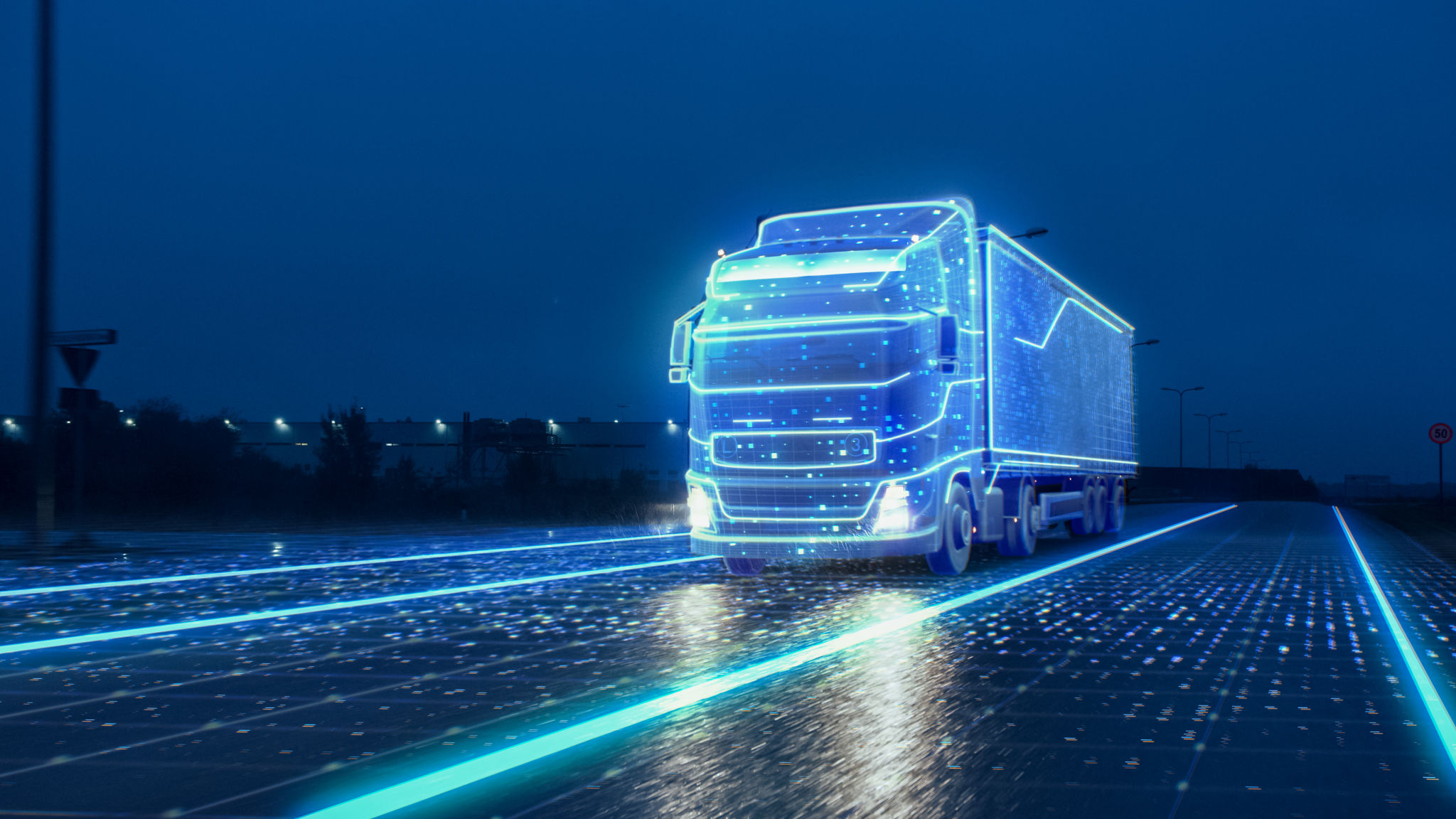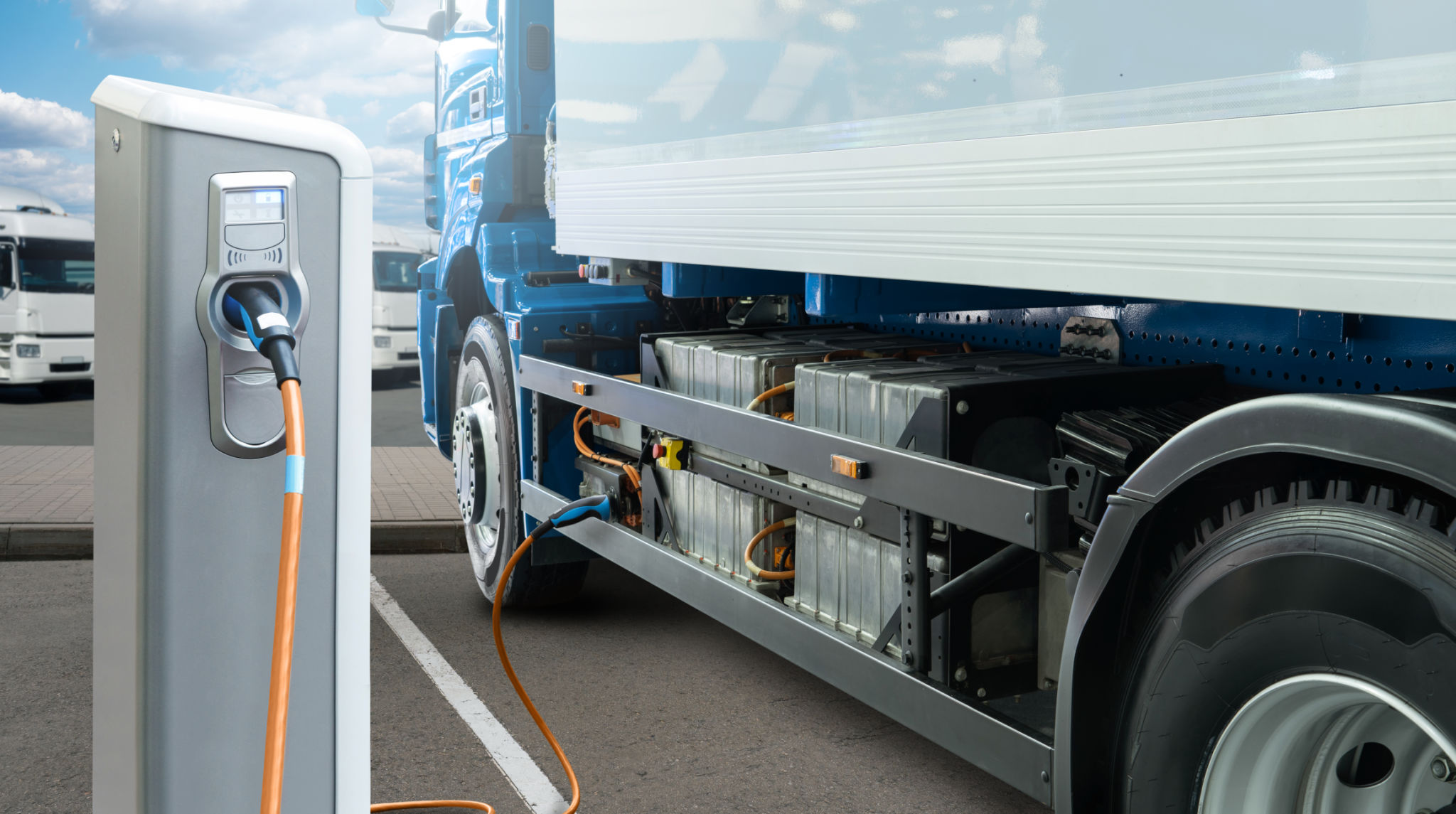The Impact of Innovative Technologies on the Trucking Industry
Introduction to Technological Advancements
The trucking industry, a cornerstone of global commerce, has been undergoing a transformative journey driven by innovative technologies. These advancements are not only reshaping the logistics landscape but also redefining operational efficiencies, safety measures, and environmental impacts. As the industry embraces change, understanding these technologies becomes crucial for stakeholders.
Autonomous Trucks: The Future of Transportation
One of the most talked-about innovations is the development of autonomous trucks. These self-driving vehicles promise to revolutionize the industry by reducing the reliance on human drivers and delivering goods more efficiently. Companies are investing heavily in research and development to perfect this technology, which could lead to significant cost savings and reduced delivery times.

However, the adoption of autonomous trucks comes with its own set of challenges. Regulatory hurdles, technological limitations, and public acceptance are some of the critical issues that need addressing. Despite these challenges, the potential benefits make autonomous trucks an exciting prospect for the future.
Telematics: Enhancing Fleet Management
Telematics systems have become integral to modern fleet management. By leveraging GPS technology and onboard diagnostics, telematics provides real-time data on vehicle location, speed, and engine health. Fleet managers use this data to optimize routes, monitor driver behavior, and ensure timely maintenance, leading to improved efficiency and reduced operational costs.
The integration of telematics with other technologies like IoT (Internet of Things) further enhances its capabilities. For instance, sensors can detect tire pressure or fuel levels, alerting drivers and managers about potential issues before they escalate. This proactive approach not only enhances safety but also extends vehicle lifespan.

Electric Trucks: A Greener Alternative
As environmental concerns rise, the shift towards electric trucks is gaining momentum. These vehicles offer a sustainable alternative to traditional diesel-powered trucks by reducing carbon emissions and reliance on fossil fuels. Major manufacturers are launching electric models with impressive range capabilities and performance metrics.
While still in the early stages of widespread adoption, electric trucks present unique challenges such as limited charging infrastructure and higher upfront costs. However, as technology advances and economies of scale kick in, these hurdles are expected to diminish, paving the way for a cleaner trucking industry.

Big Data and Analytics: Driving Decision Making
The explosion of big data has opened new avenues for the trucking industry to enhance decision-making processes. By analyzing vast amounts of data collected from various sources, companies can gain insights into market trends, customer preferences, and operational efficiencies. This data-driven approach allows for more informed decisions, ultimately leading to increased profitability.
The use of analytics extends beyond operational improvements; it also plays a crucial role in risk management. Predictive analytics can forecast potential disruptions or delays, allowing companies to mitigate risks proactively. This capability is invaluable in maintaining service reliability and customer satisfaction.
Conclusion: Embracing Change for a Better Future
The impact of innovative technologies on the trucking industry is profound and far-reaching. From autonomous vehicles to electric trucks and big data analytics, these advancements are reshaping how goods are transported globally. While challenges remain, the potential benefits offer a compelling case for embracing these changes.
As the industry continues to evolve, stakeholders must stay informed and adapt to new technologies to remain competitive. By doing so, they can leverage these innovations to create a more efficient, sustainable, and profitable future for the trucking industry.
